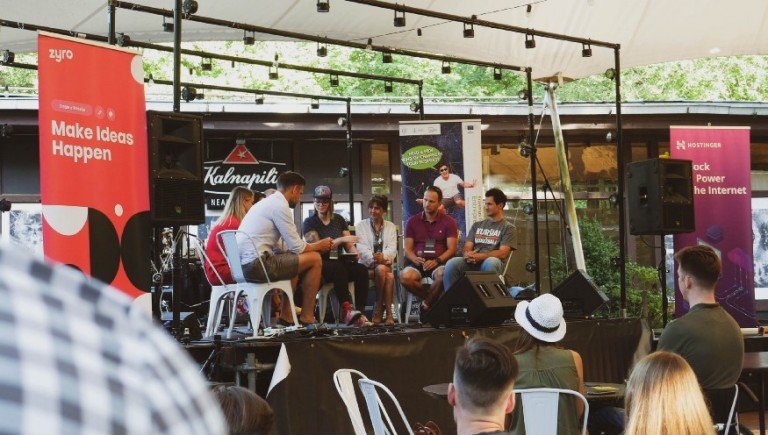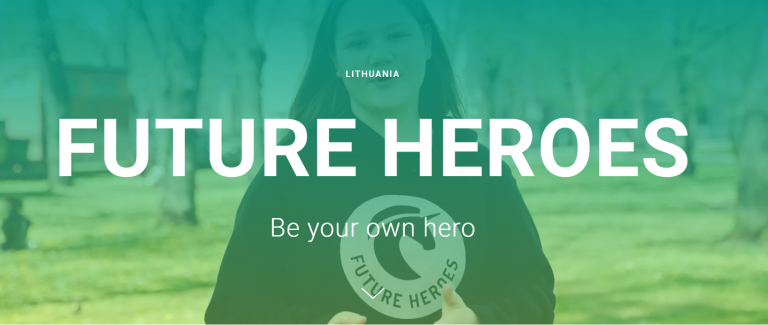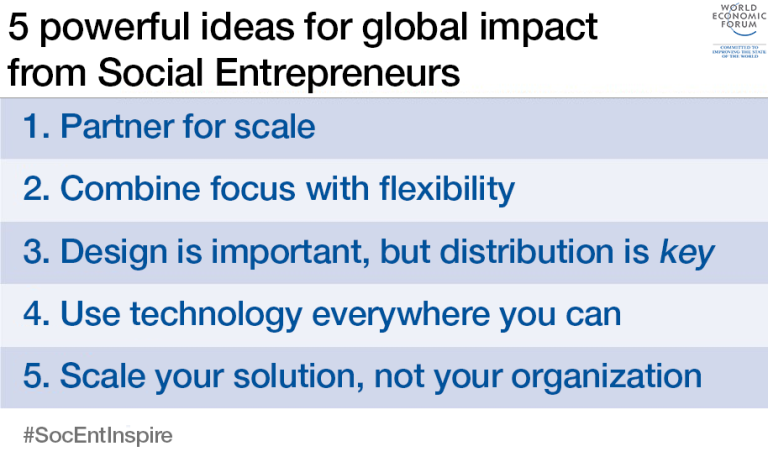Everyone Is Invited To Provide A Feedback On EU Action Plan for Social Economy by 26th of April
The European Commission (EC) will launch an EU Action Plan for Social Economy in 2021. This initiative seeks to boost the contribution of social economy organisations to a fair and sustainable growth. It will enhance social investment, support social economy actors to start up, scale up, innovate and create jobs.
At the moment, the EC has launched a public consultation to give feedback on suggested priorities of the Action Plan. The deadline to provide your feedback is the 26th of April. We are all invited to have a say on and submit own contributions to the suggested EU level policies, programmes, processes and tools as part of the EU Action Plan for Social Economy.
Through this survey, EUCLID Network wants to take stock of your feedback in order to present a common vision to the EC. Your feedback will be treated as confidential, individual opinions will not be quoted. Last November EUCLID have presented the EN Manifesto at the European Social Economy Summit (EUSES), and at EUSES in May will present the results of the European Social Enterprise Monitor.









